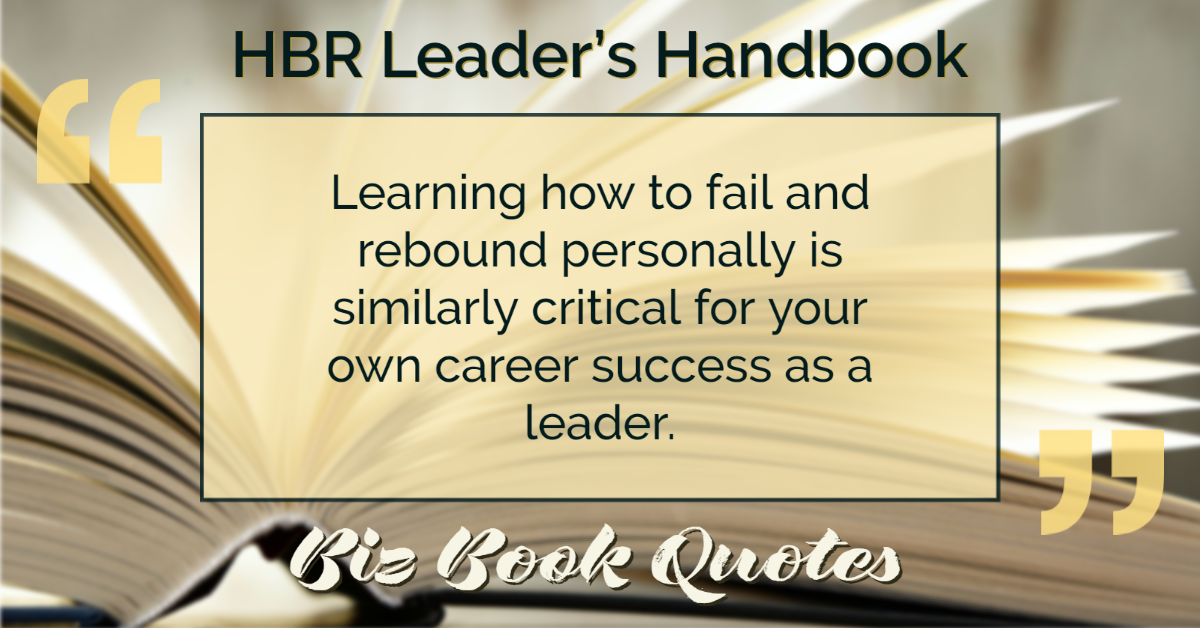 |
Learning how to fail and rebound personally is similarly critical for your own career success as a leader.
|
200 |
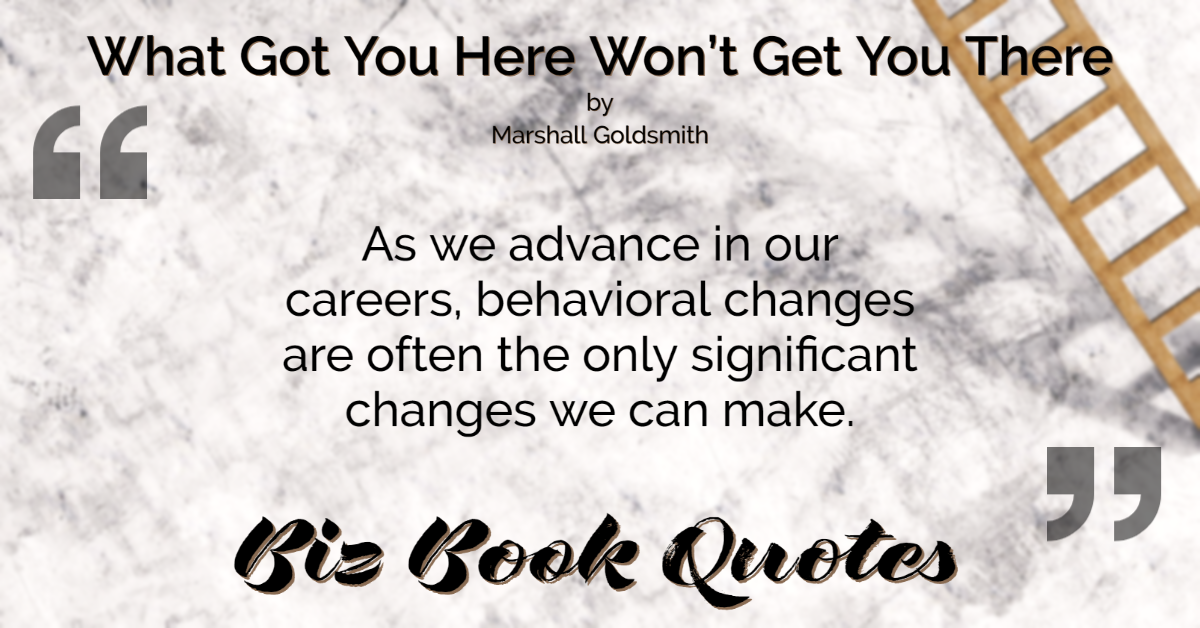 |
As we advance in our careers, behavioral changes are often the only significant changes we can make.
|
44 |
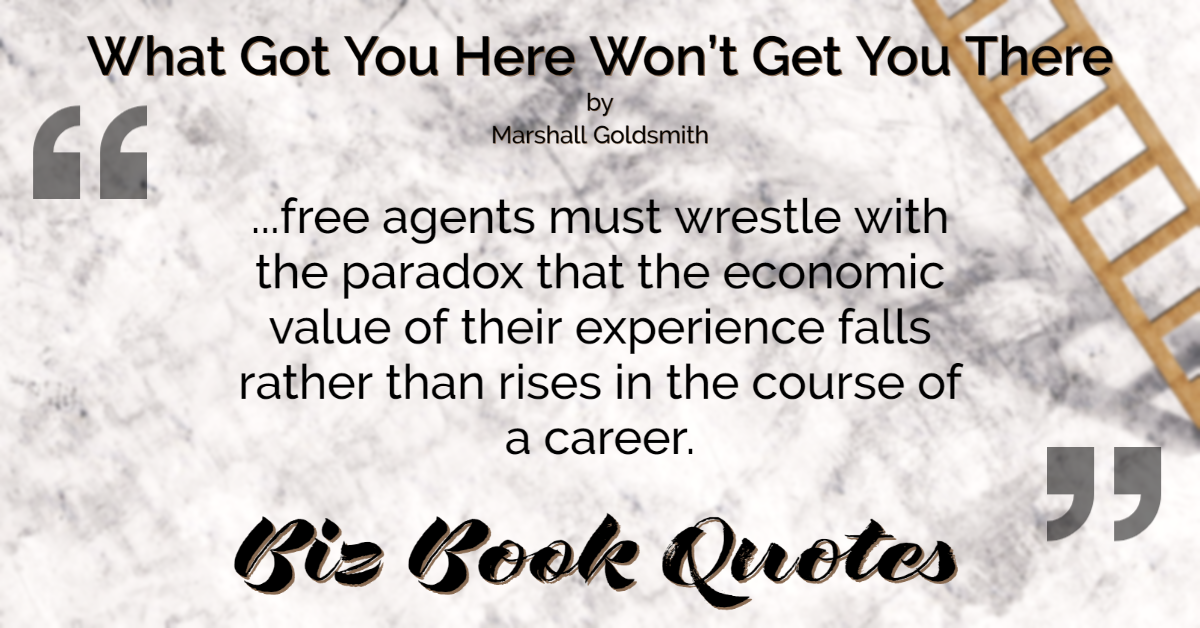 |
…free agents must wrestle with the paradox that the economic value of their experience falls rather than rises in the course of a career.
|
213 |
 |
…people with a growth mindset – those who stretch themselves, take risks, accept feedback, and take the long-term view – can’t help but progress in their lives and careers.
|
165 |
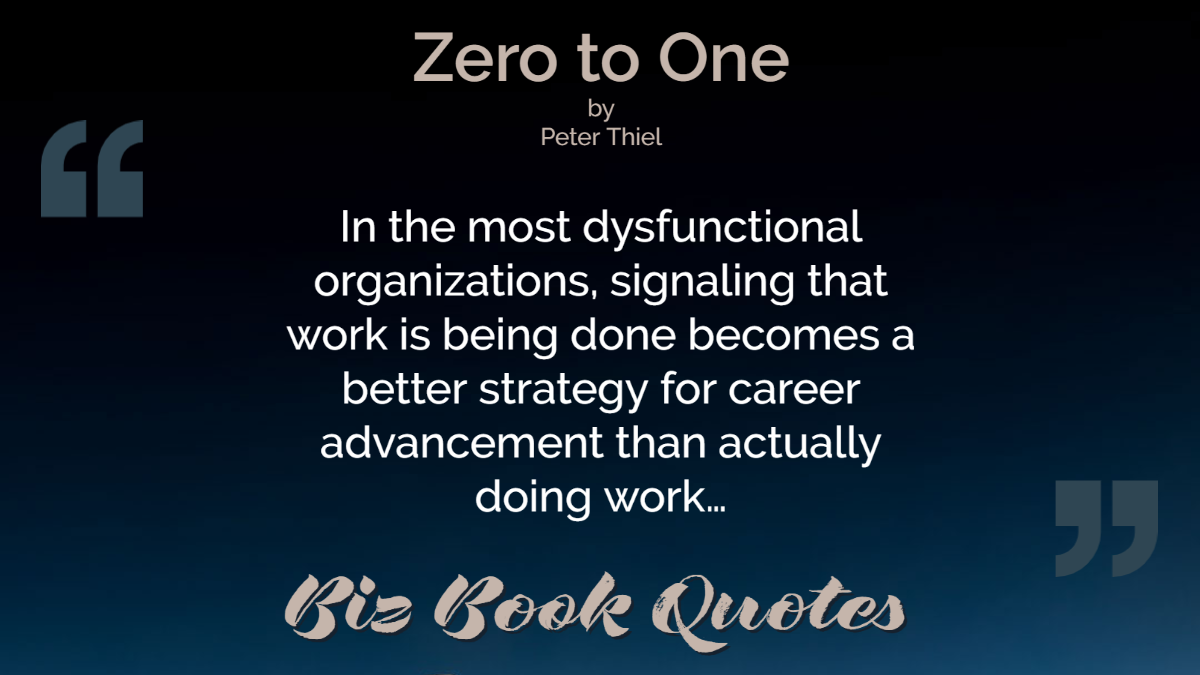 |
In the most dysfunctional organizations, signaling that work is being done becomes a better strategy for career advancement than actually doing work…
|
10 |
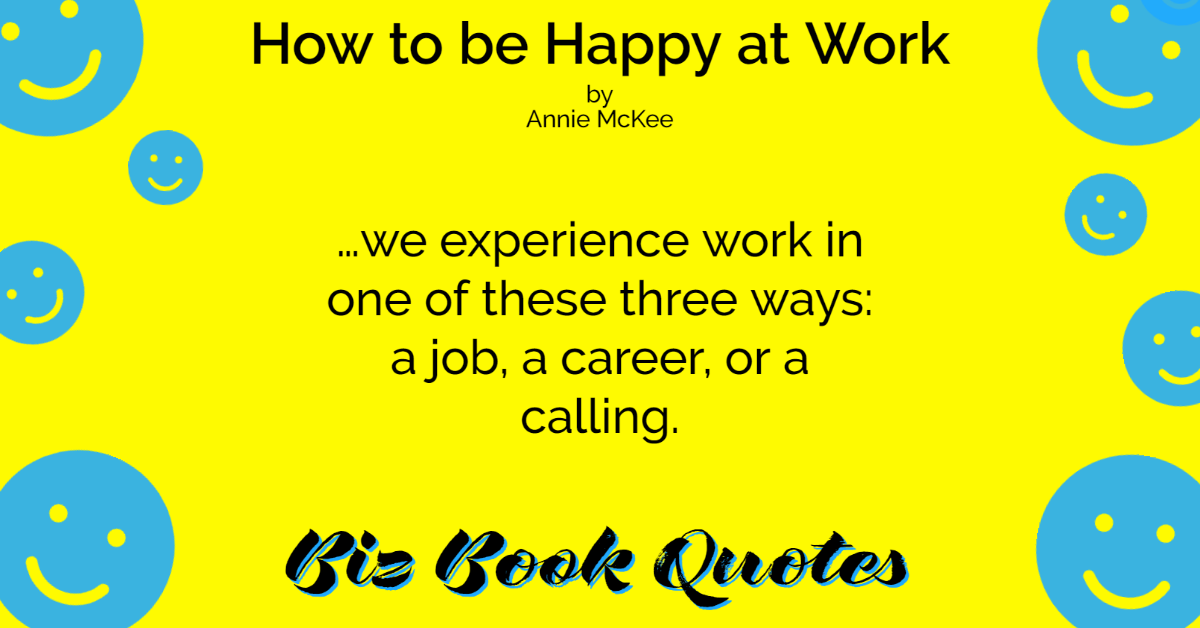 |
…we experience work in one of these three ways: a job, a career, or a calling.
|
59 |
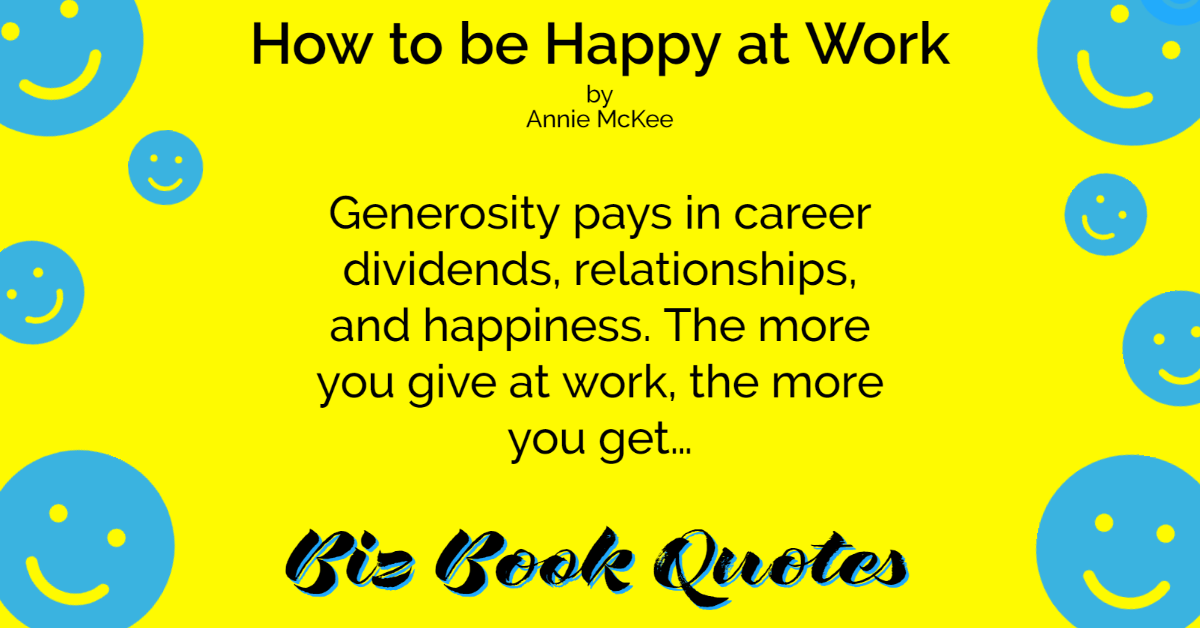 |
Generosity pays in career dividends, relationships, and happiness. The more you give at work, the more you get…
|
134 |
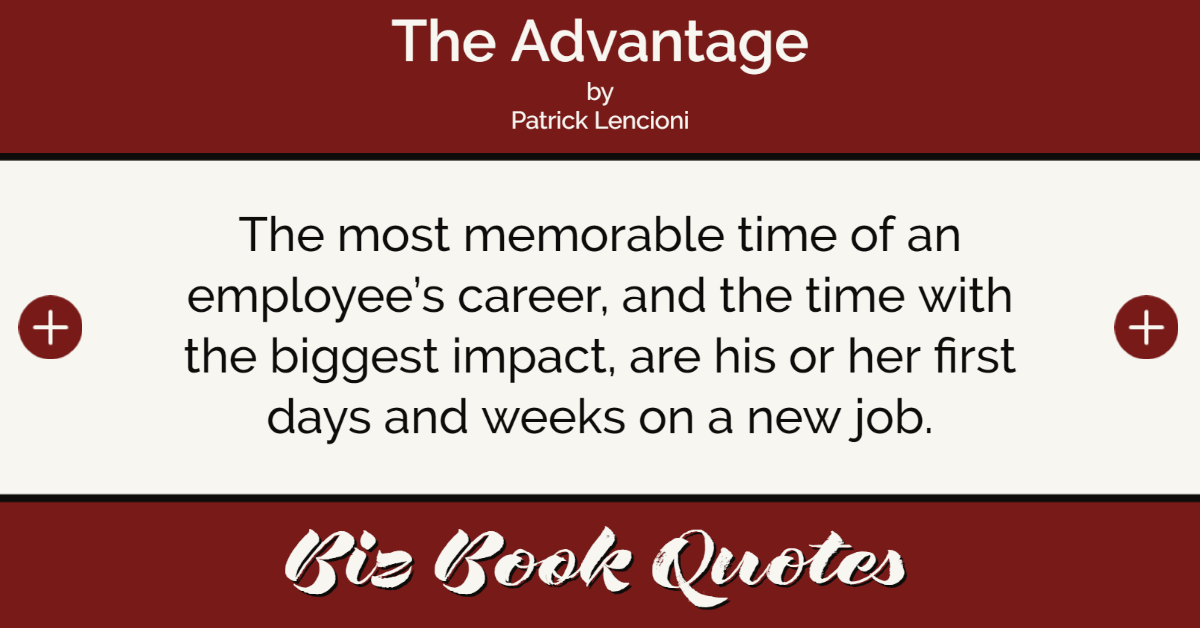 |
The most memorable time of an employee’s career, and the time with the biggest impact, are his or her first days and weeks on a new job.
|
161 |
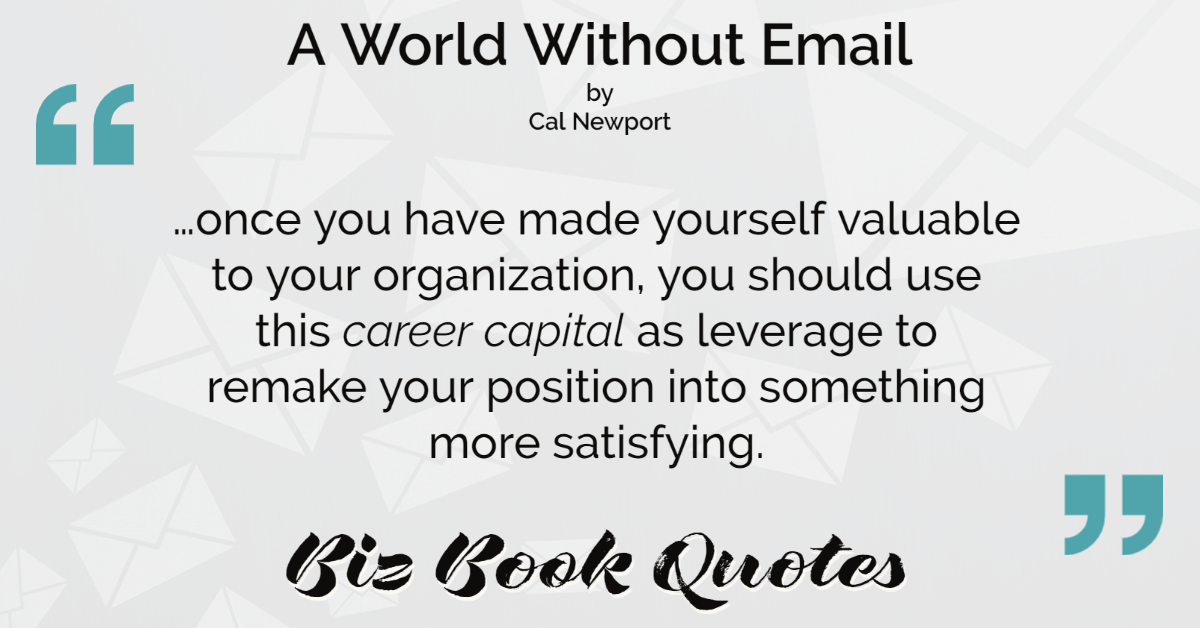 |
…once you have made yourself valuable to your organization, you should use this career capital as leverage to remake your position into something more satisfying.
|
232 |
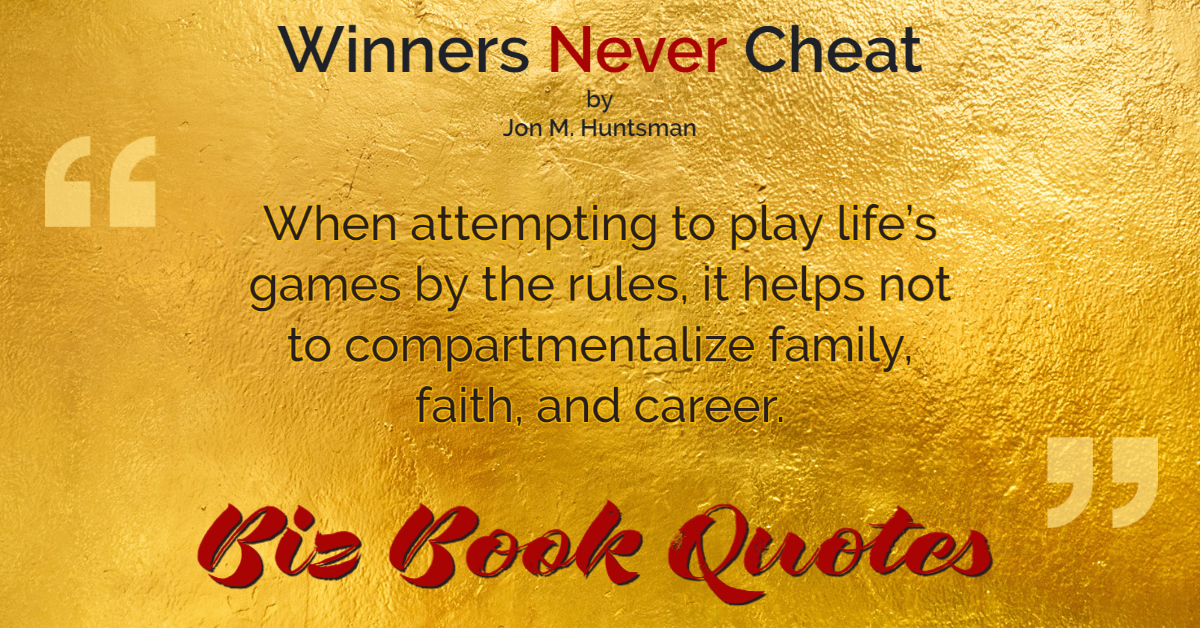 |
When attempting to play life’s games by the rules, it helps not to compartmentalize family, faith, and career.
|
153 |